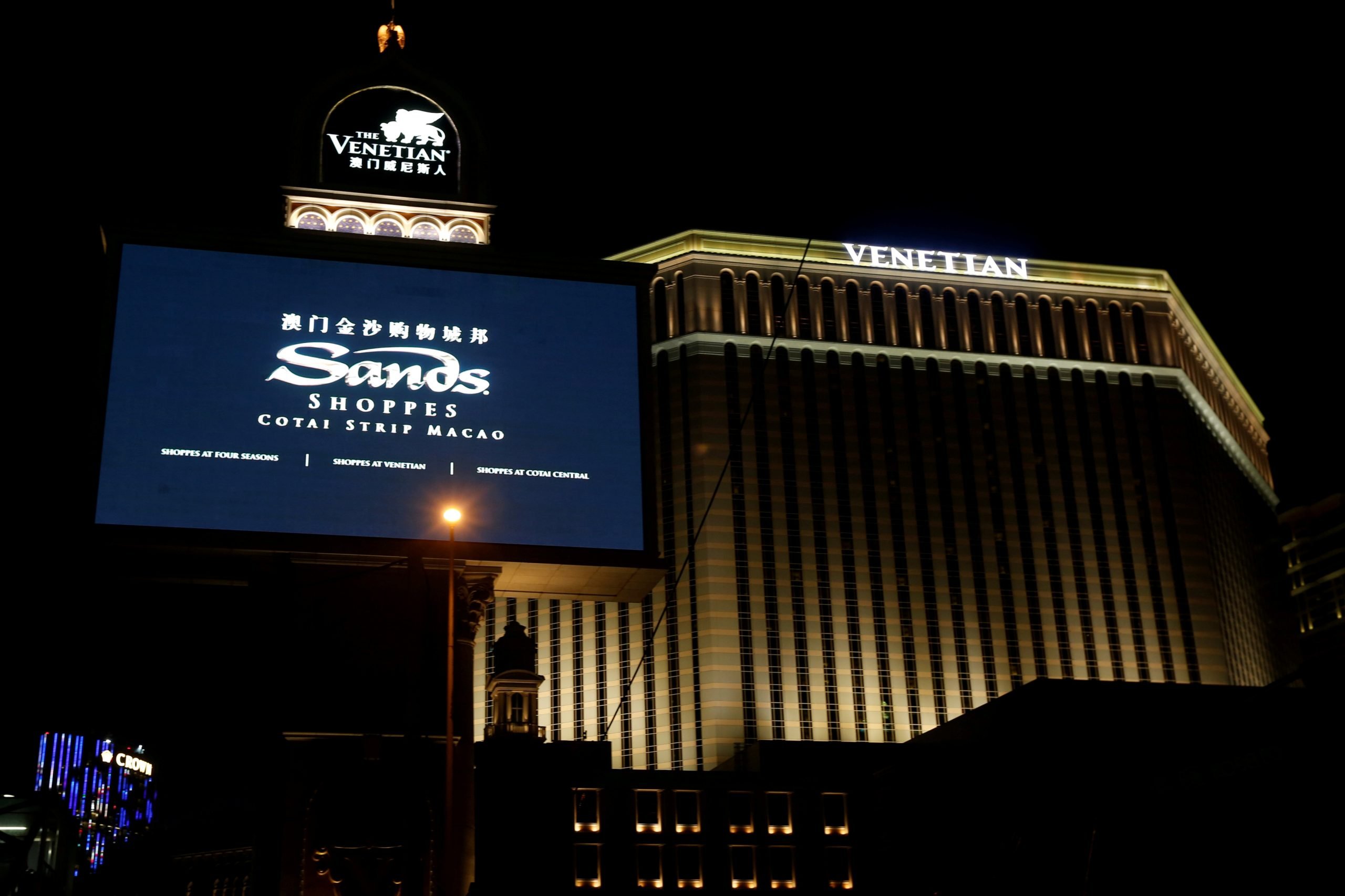Posted on: June 30, 2022, 02:22h.
Last updated on: June 30, 2022, 03:00h.
Wary Las Vegas Sands (NYSE:LVS) investors waiting on the casino operator to regain its lost form may be waiting another two years.

That according to Moody’s Investors Service, which says a full rebound for the Macau giant may not materialize until 2024. Moody’s rates Sands “Baa3,” which is non-investment grade with a “negative” outlook. That grade implies moderate credit risk. Ratings agencies are souring on gaming companies with Macau exposure.
Earlier this month, Fitch Ratings stripped Sands of an investment grade, citing weakness in Macau. In April, Moody’s Investors Service pared MGM Resorts International’s (NYSE:MGM) credit rating to “B1” from “Ba3,” moving the casino operator’s grade one notch further into non-investment grade territory.
Sands operates six integrated resorts, five of which are in Macau. As a result, the company is heavily dependent on China for revenue. Morgan Stanley notes the casino operator derives 62% of its sales from China — a total surpassed by just four US-based non-semiconductor companies.
Sands Recovery Trying Investors’ Patience
Since the outbreak of the coronavirus in early 2020, Macau operators, including Sands China, have continually frustrated investors. China has implemented a variety of restrictive quarantine, travel, and visa policies that made visits to the casino hub unattractive for many prospective gamblers. Some of those requirements, though in varying forms, remain in place today. Still, Moody’s sees some runway for things to perk up for Sands later this year.
We expect the ramp up will improve over the back half of 2022, although expect mass-market gaming revenue to still remain roughly 40 percent of 2019 levels by the end of 2022, increasing to 80 percent in 2023,” notes the research firm.
On the other hand, with the stock down 10.71% year-to-date, and near-term restoration of its dividend unlikely, LVS could use a speedier rebound to foster confidence among investors. But that may not materialize.
“A more full recovery in gross gaming revenue is unlikely until 2024 and is dependent on a resumption of business travel and continued ramp up in leisure travel,” adds Moody’s.
At Least Sands Has Cash
This year, analysts are voicing concern about Macau concessionaires cash burn rates and whether or not the companies can survive in a lengthy environment of sluggish revenue accumulation. For its part, Sands has $6.4 billion in cash on hand and another $3.5 billion on an undrawn credit revolver.
Sands’ credit outlook is “supported by the high quality, popularity, and favorable reputation of its casino properties, along with the company’s very strong credit metrics leading up to the coronavirus and positive long-term gaming demand trends in each of its geographic markets,” according to Moody’s.
Conversely, the research firm sees Sands’ credit profile remaining troubled through the remainder of this year, and challenges through 2023 in terms of bolstering that credit outlook. That thesis is based on earnings headwinds and potentially high rates of cash burn.
